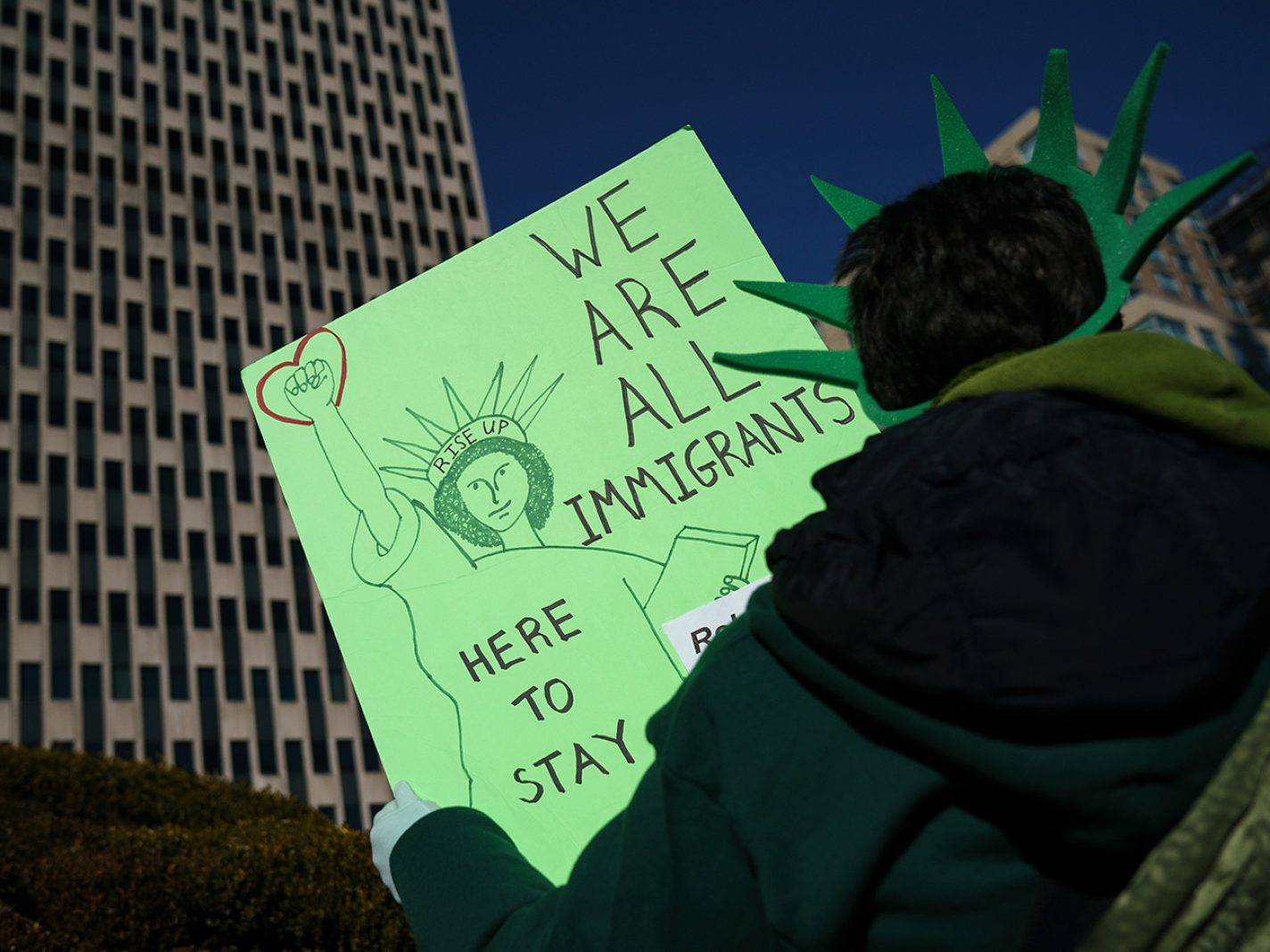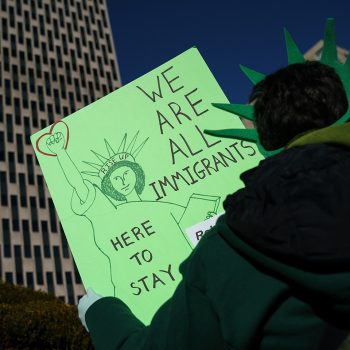Google.org, the philanthropic arm of the tech giant, has vowed to pay for 500 DACA application fees, for a total of $250,000. The grant will be given to United We Dream, the largest immigrant youth-led community in the country, which works on behalf of undocumented youth. In a blog post via Google’s company news site, Kent Walker, Google’s SVP of Global Affairs, says that they “know this is only a temporary solution.”
In 2019, the company was under fire for hiring former Homeland Security official Miles Taylor. The hiring caused a lot of criticism due to Taylor’s role in the administration when he worked for Kirstjen Nielsen, Mr. Trump’s third homeland security secretary, chief of staff. Nielsen infamously helped enable the separation of migrant children from their families at the border.
“We believe it’s important that Dreamers have a chance to apply for protection under the program so that they can safeguard their status in the United States,” writes Walker. “But in the middle of a global pandemic that has led to economic hardship, especially for the many immigrants playing essential roles on the front lines, there is concern that many Dreamers cannot afford to pay the application fee. We want to do our part, so Google.org is making a $250,000 grant to United We Dream to cover the DACA application fees of over 500 Dreamers.”
Silicon Valley tech companies have long been supportive of immigation reform because of the access it allows to scout and recruit international talent. However, last June the Trump Administration signed an executive order freezing all work visas, including the H1-B visa. In 2019, roughly two-thirds of all H1-B visa recipients went to employees in the tech industry.
“We need legislation that not only protects Dreamers, but also delivers other much-needed reforms,” says Walker. “Dreamers and other talented immigrants enrich our communities, contribute to our economy, and exemplify the innovative spirit of America. We’re proud to support them.”




